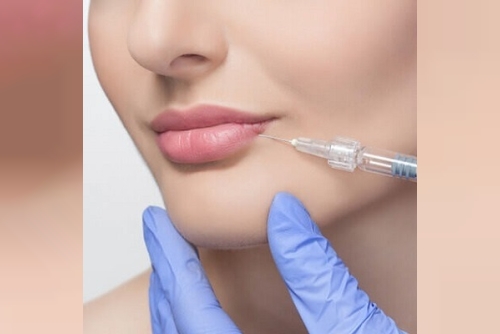Dhat syndrome is a psychosomatic condition primarily reported in South Asian countries. It is characterized by feelings of anxiety, fatigue, and distress associated with the perception of semen loss. In many cultures, semen is viewed as a vital life force, and its perceived loss can lead to significant psychological and physical discomfort. Addressing Dhat syndrome treatment requires a holistic approach that considers both mental and physical health.
What is Dhat Syndrome?Dhat syndrome derives its name from the Sanskrit word "Dhatu," meaning "elixir" or "essential substance." It primarily affects young men, though it can occur in women, and is often linked to:
Psychological Factors: Anxiety, depression, or guilt associated with sexual thoughts or practices.
Cultural Beliefs: Misconceptions about semen being excessively precious or its loss leading to severe health consequences.
Physical Symptoms: Fatigue, weakness, and loss of appetite are common, often compounded by excessive worry.
Symptoms of Dhat SyndromeThe symptoms of Dhat syndrome can be both physical and psychological, including:
Persistent fatigue and lack of energy
Anxiety, depression, or feelings of guilt
Poor concentration and memory issues
Premature ejaculation or erectile dysfunction
Generalized body aches
Causes of Dhat SyndromeUnderstanding the underlying causes is crucial for effective treatment. These include:
Cultural Misconceptions
Many individuals believe that any loss of semen, whether through nocturnal emissions, masturbation, or sexual intercourse, leads to serious health problems.
Psychological Distress
Anxiety about sexual health, fueled by misinformation, can exacerbate symptoms.
Lack of Awareness
A limited understanding of natural bodily functions often contributes to unnecessary fear and guilt.
Underlying Medical Conditions
Hormonal imbalances or other health issues may occasionally play a role.
Treatment for Dhat syndrome requires a multidisciplinary approach involving education, counseling, and, if needed, medical or homeopathic remedies.
1. Psychological CounselingEducating patients about the normal physiological processes of the body helps dispel myths.
Cognitive-behavioral therapy (CBT) can address anxiety and guilt while building self-esteem.
2. Lifestyle ModificationsRegular exercise and a balanced diet can improve overall health and reduce stress.
Techniques like yoga and meditation help in calming the mind and managing anxiety.
3. Medical TreatmentFor those experiencing physical symptoms like fatigue or hormonal imbalances, medications or supplements may be recommended.
Doctors may prescribe treatments for related sexual health concerns, such as premature ejaculation or erectile dysfunction.
4. Homeopathic RemediesHomeopathy offers a gentle and holistic approach to managing Dhat syndrome by addressing both mental and physical symptoms. Common remedies include:
Acid Phosphoricum: Helps with exhaustion and mental fatigue.
Calcarea Phosphorica: Restores vitality and addresses general weakness.
Staphysagria: Useful for individuals experiencing guilt or suppressed emotions.
Nux Vomica: Alleviates stress and improves overall energy levels.
The Importance of Awareness and EducationOne of the primary challenges in treating Dhat syndrome is the lack of awareness and cultural stigma surrounding sexual health. Addressing this involves:
Breaking Myths
Educating individuals about the normalcy of semen loss through natural processes like nocturnal emissions or sexual activity.
Promoting Open Conversations
Encouraging discussions about sexual health to reduce guilt, shame, and misinformation.
Holistic Health Practices
Emphasizing the importance of mental, emotional, and physical well-being in managing symptoms.
If you or someone you know is struggling with the symptoms of Dhat syndrome, it’s important to seek professional help. Counseling, along with appropriate treatment, can significantly improve quality of life.
ConclusionDhat syndrome is a condition deeply rooted in cultural beliefs and psychological distress. Effective Dhat syndrome treatment involves a combination of education, counseling, and tailored medical or homeopathic remedies. By addressing both the mind and body, individuals can overcome the challenges posed by this condition and regain their confidence and well-being.
If you’re dealing with symptoms of Dhat syndrome, reach out to a qualified healthcare professional or counselor for personalized support and treatment.












